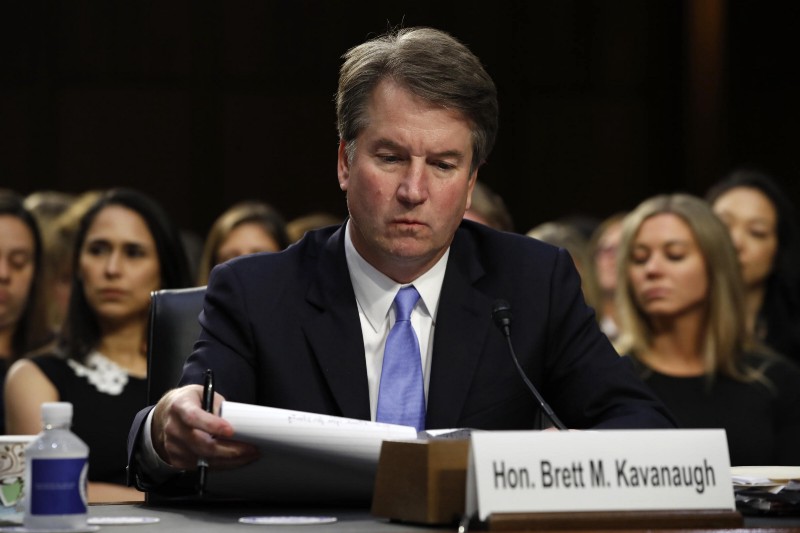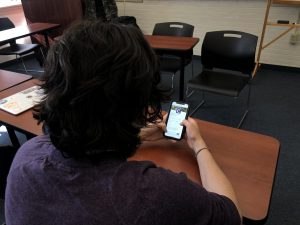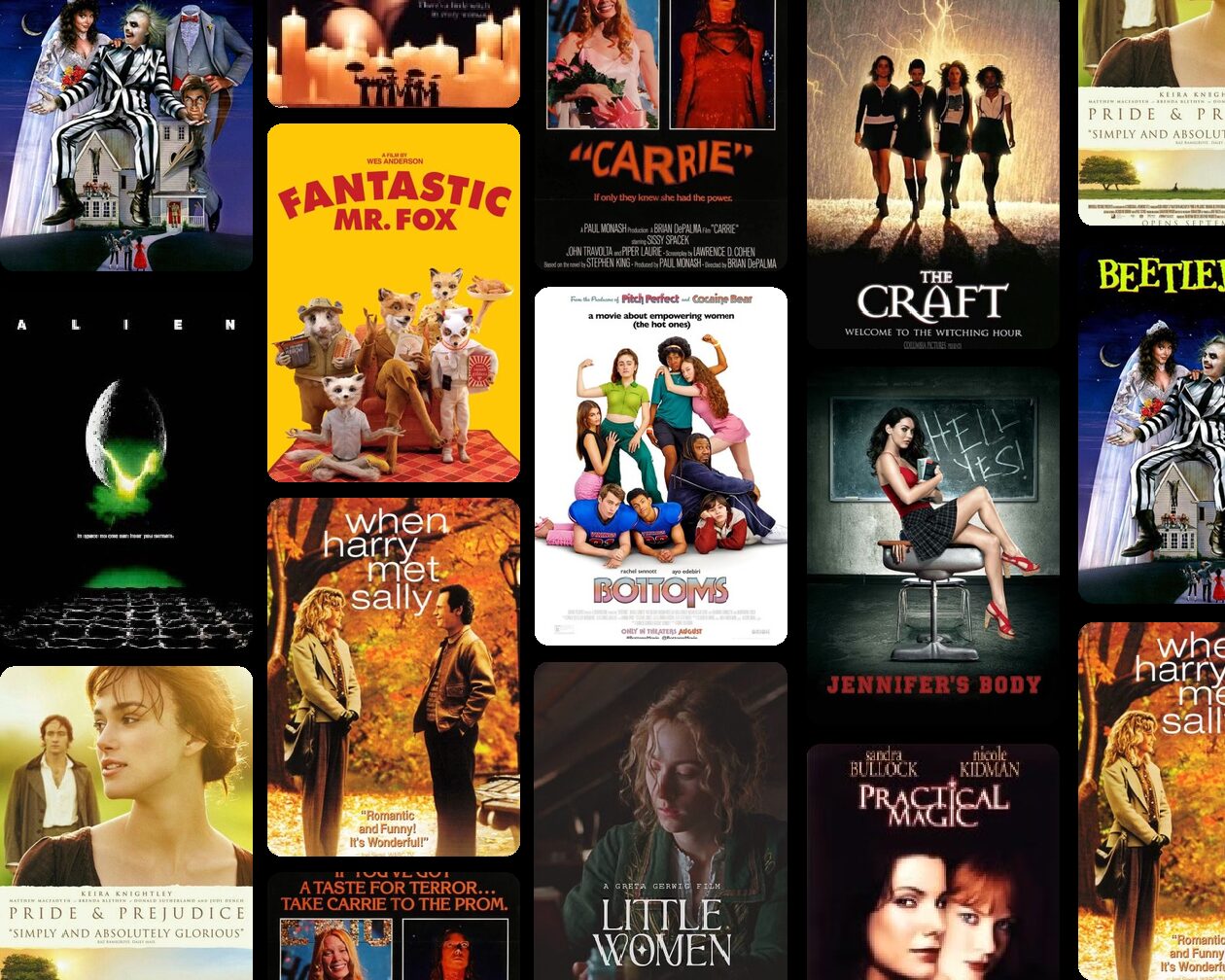Today’s students can stop tomorrow’s scandals
October 20, 2018

The Brett Kavanaugh hearings and confirmation were broadcast across all major news networks and social media platforms, giving students at Chatham University many opportunities to follow along across campus.
No matter one’s political stance, the allegations of sexual assault against Kavanaugh are staggering and demand to be looked at more closely as a community.
Kavanaugh is no doubt a decorated judge. Earlier this month, he was sworn in as the country’s newest Supreme Court justice. He attended Yale Law School and served on the D.C. Circuit Council for more than a decade. He is considered a strong conservative, textualist and a “constitutional originalist,” says Poltico. He made a name for himself while under the tutelage of Kenneth Starr, a figurehead in the Clinton/Monica Lewisnky scandal. On the surface, he appears to be a suitable candidate for the Supreme Court vacancy.
But then there’s all the controversy that arose when news broke about sexual assault allegations. Dr. Christine Blasey Ford alleges that Kavanaugh, at a high school when she was 15 years old, assaulted her along with four other men in a drunken stupor.
Kavanaugh has fiercely denied those allegations, and continues to do so. In his hearing on Sept. 27, he supplied calendars detailing what he says his schedule was back then, day to day. The calendar included names of who he was with, what he was doing and where he was. The inquiry crested on the subject of his drinking habits and whether he supported a brief FBI investigation. He indignantly refuted the questions regarding his alcohol intake and refused to directly answer to the suggestion that the FBI be invited to look into the allegations for more information, claiming that such investigations “don’t come to conclusions.” Ultimately, a one-week FBI investigation that was limited in scope did move forward.
The deeper issue here is one that runs rampant in our country, beyond Kavanaugh’s high school years and beyond Dr. Ford’s courage in coming forward about these allegations. The culture of sexual assault and the tendency to sweep it under the rug is a result of years upon years of misogyny and inequality between the sexes in which some young men are taught from a young age that girls exist for their benefit. This, obviously, is not the case.
Fortunately, our community at Chatham University has ample resources and procedures in place to combat this toxic culture that often takes the nation by storm. Chatham follows Title IX requirements and has a detailed sexual misconduct policy, which includes sexual and gender-based harassment, sexual violence, relationship and interpersonal violence, and stalking. Chatham also takes part in Green Dot, a national bystander reporting system, and enlists a student-led committee each April for Sexual Assault Awareness Month. The University also takes part in “It’s On Us” week each fall, when participants sign a pledge to help end sexual assault nationwide.
It is up to students to carry on this counter-culture to the Kavanaugh allegations and the toxic misogyny and sexism in the United States. Should we all come together, share expectations and values — and take the time to respect each other — those of us at Chatham University can avoid what feels like the new normal in our country and government, regardless of political opinion.







